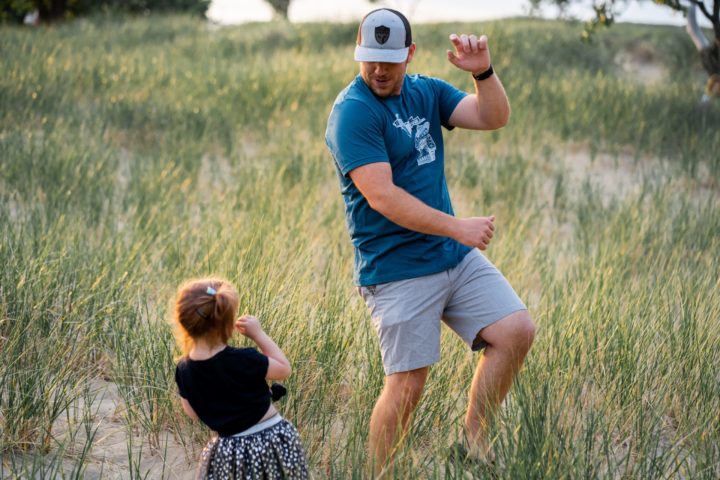Making new strides in 2021 with habit building

Kitty Finklea, RD, AFAA-CPT
About half of Americans make a New Year’s Resolution to lose weight or get fit, and by the third week of January, the majority give up and then feel like a failure. Want to make a change that will stick this year instead?
Changing habits is not an easy thing. Habits include a trigger, an action or response, and an expected reward. For example, seeing chips in the store triggers buying and eating them for the flavor and crunch reward.
Many habits happen automatically without much thought. If you want to add or change a habit, think through all three parts of any new behavior to help make it a long-term habit. Here are some things to consider:
Determine your motivation. If the goal is weight loss, shift the focus to improving overall health. Instead of using only a scale to show success, add improved energy levels, adequate sleep, better flexibility, or managing stress levels to the equation.
Start small and make it easy. The easier the change, the more quickly it becomes a sustainable habit. For example, if you want to start eating breakfast, choose something you like and have it easily available, such as leaving high-fiber cereal and fruit on the counter to help make it easy to eat in the morning.
Plan a habit that is enjoyable. Something enjoyable is a reward and the likelihood of sticking with it is high. If you dislike the behavior, it will be easy to stop. A habit needs to be at least neutral to be sustainable.
Be specific. Break your goal down as much as possible and add as much detail as possible. Example: “I will walk after supper for 10 minutes,” or “I will include a veggie at supper at least five days a week.”
Include a backup plan. If plan A doesn’t work, having a backup plan gives more options to keep the habit going. If weather isn’t good for walking, add a backup plan such as walking in the house or doing an exercise.
Stack habits together. If you do something every day, you can use this to trigger a new behavior after it. This can increase the chances of sticking with the new habit. For example, doing five squats while brushing teeth, packing lunch after turning on the coffee pot, or putting on walking shoes after taking off work shoes are all stacking habits.
Choose a reward. Humans are reward driven in terms of behavior. Even something simple such as a pat on the back, a happy dance, or a check mark on a to-do list helps incentivize the new behavior. Plan in rewards as part of the habit. For example, listening to a podcast while walking or watching a favorite show while on the treadmill adds the reward during the action. For some, it’s the satisfaction of completion that is the reward. It’s also important to consider setting rewards as you achieve benchmarks, such as buying something for yourself after actively completing the habit for a certain amount of time.
Plan for fails and mistakes. Habits take time – 21 days or more for a behavior to become a habit and longer for it to become automatic. We all stumble, and this is part of the process of change. Analyze what happened instead of beating yourself up and giving up. Be flexible and either get back to the habit or throw it out and start something else if it’s not working.
Easy habits that contribute to overall health:
- Eat more fruits and veggies
- Drink more water
- Eat three balanced meals
- Add healthy snacks between meals
- Try a new healthy recipe/meal planning or prep
- Add 5-10 minutes activity or stretch breaks to your day
- Get up or go to bed 10-15 minutes earlier
- Plan for 5-10 minutes of journaling, prayer/bible study, meditation, etc.
- Get outside for 5-10 minutes
- Connect with family and friends
Other factors that help build success is positive support from family and/or friends, evaluating and assessing what works and doesn’t work on a regular basis, and being compassionate with yourself about things that don’t work.
By taking small steps over time with habits that are sustainable, the journey leads to not only slowly losing weight but, more importantly, improving your health and feeling better. Take a small step to improve your health in 2021 with habit building!
Kitty Finklea, RD, AFAA-CPT, is a registered dietitian nutritionist at the Diabetes and Nutrition Center in the HopeHealth Medical Plaza, Florence, and an Athletics and Fitness Association of America certified personal trainer. She specializes in diabetes, weight management, and eating disorders.
